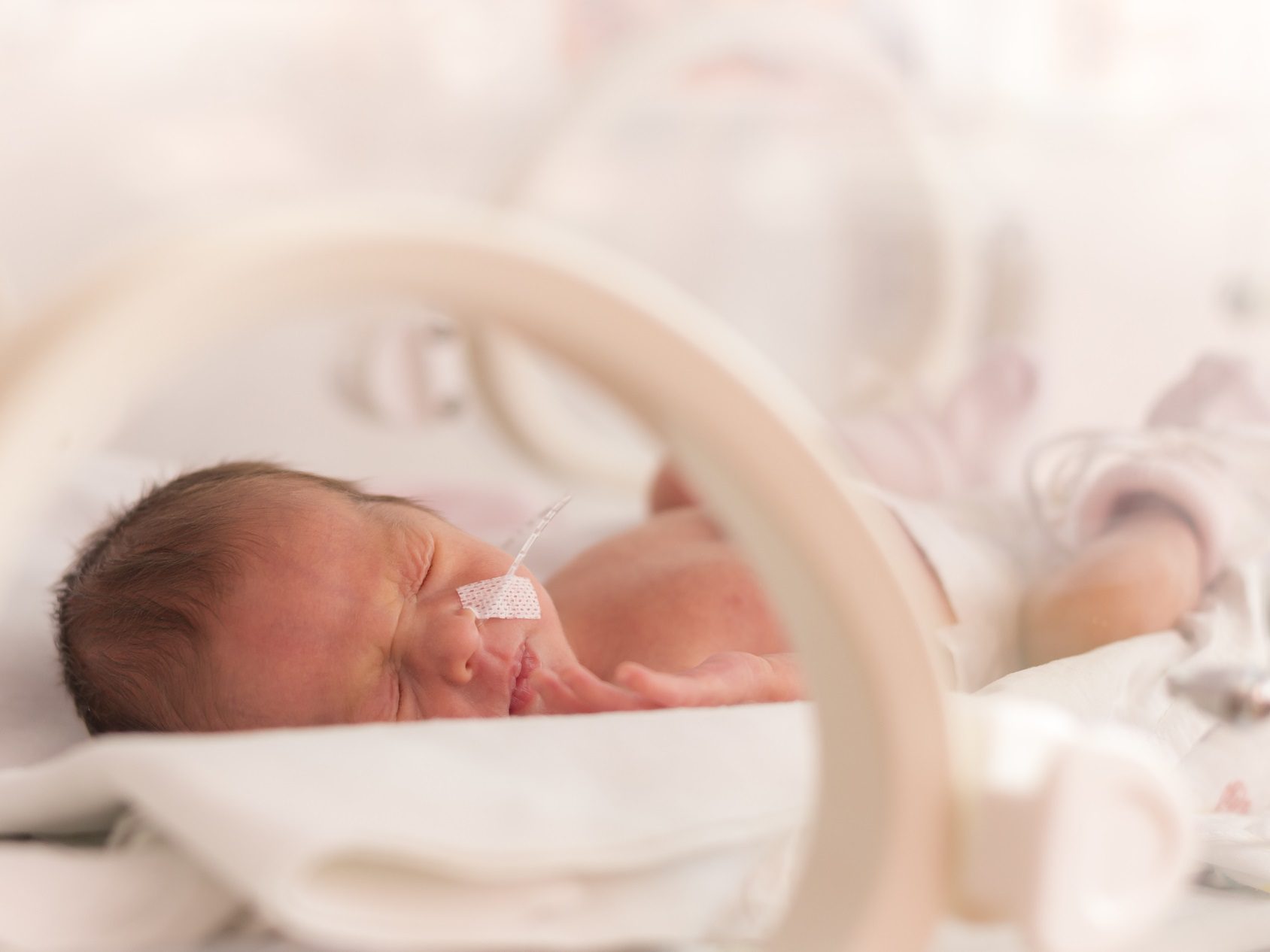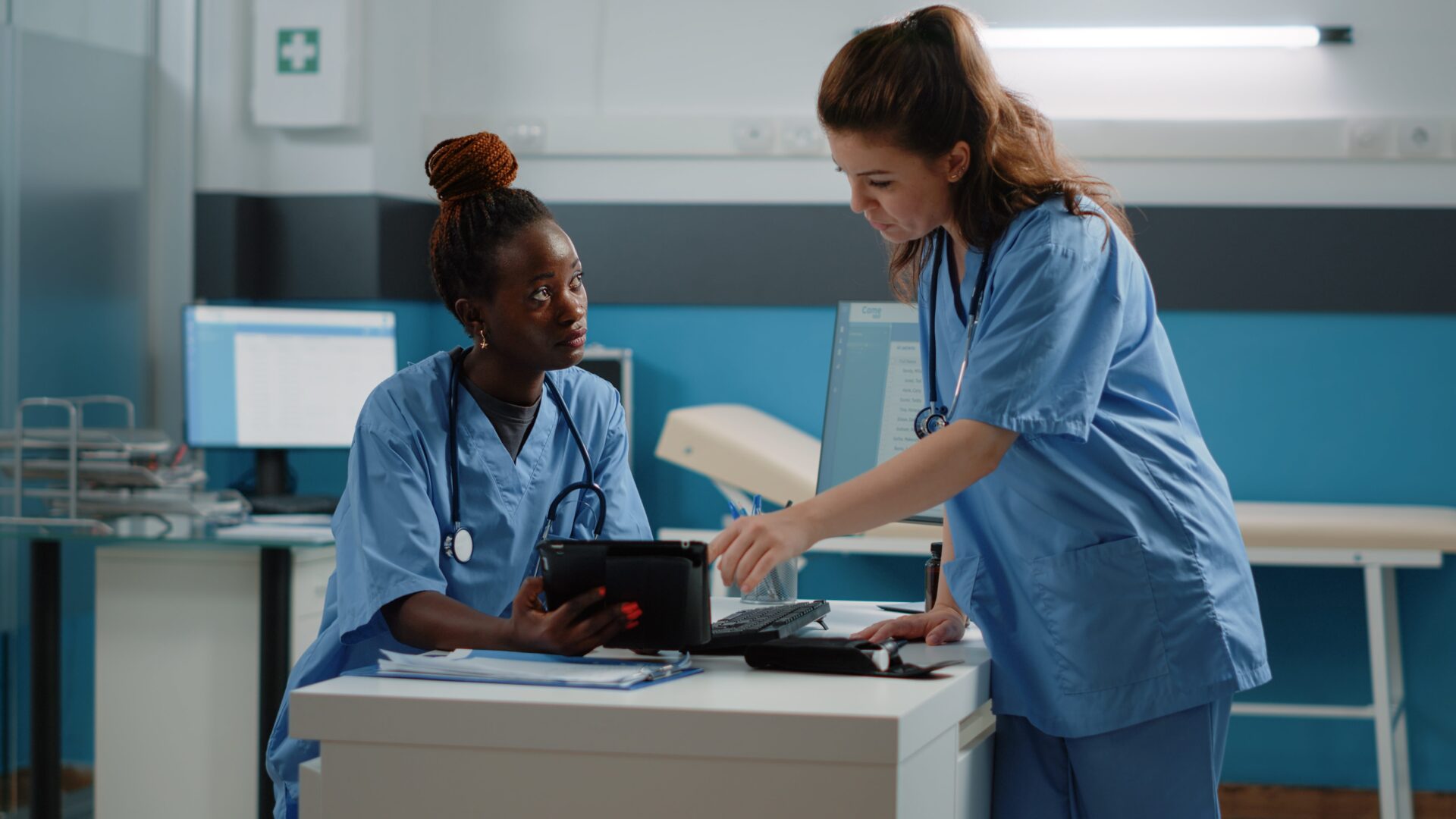Summary
Despite having some of the poorest air quality in the country, London consistently remains below the national average for diagnoses of Chronic Obstructive Pulmonary Disease (COPD) and asthma, with severely reduced capacity for diagnosis due to the pandemic. We worked with North West London (NWL) Integrated Care System (ICS) to develop and implement a Respiratory Diagnostic Hublet (RDH) model: a dedicated service to provide access to quality assured spirometry and Fractional Exhaled Nitric Oxide (FeNO) to support accurate diagnosis of COPD and/or asthma at a population level, in a community setting.
"
We’ve learnt a huge amount… The staff have learnt new skills and refreshed the knowledge they already had. Practices are engaging well and we are working towards our service improvements.
"
Primary Care Programme Delivery Manager, Hillingdon, NWL ICS
What the project involved
We centrally co-ordinated a system-level steering group (with local and regional representation including ICS, primary and secondary care colleagues) who guided the execution of local delivery for this work.
Successful implementation of this project involved several stages, from developing service specifications to pathway mapping, to curating a suite of patient and clinician-facing communication resources and designing data templates to ensure adequate data flow across clinical systems, alongside clinical experts and technical teams.
Outcomes
- 329 patients seen at a Respiratory Diagnostic Hublet* [*Figure represents number of appointments attended for 5/8 boroughs from 29 Jan – 30 April ‘22]
- 20% of patients seen are reported to have possible obstruction* [*Figure represents average % reported across 6/8 boroughs]
Our primary care-based community model, delivered in line with regional guidance on the development of Respiratory Spoke Services from the London Respiratory Clinical Network, provided quality-assured spirometry and FeNO testing across all eight boroughs in NWL.
Our work facilitated integrated working between the specialist respiratory teams delivering the service in the community, and the respiratory consultants supporting the Respiratory Diagnostic Hublet.
The impact of this is a truly integrated approach to the transformation of out-of-hospital care, which brings acute and community teams even closer together, and relieves local hospital pressures.
Next steps
Reviewing activity in the 8-10 hublet sites that are already active, socialising these sites with Clinical Reference Groups and decision-making forums at the Integrated Care Board (ICB) level. Consolidating the learnings from the proof of value period and using this to inform our route to scale







